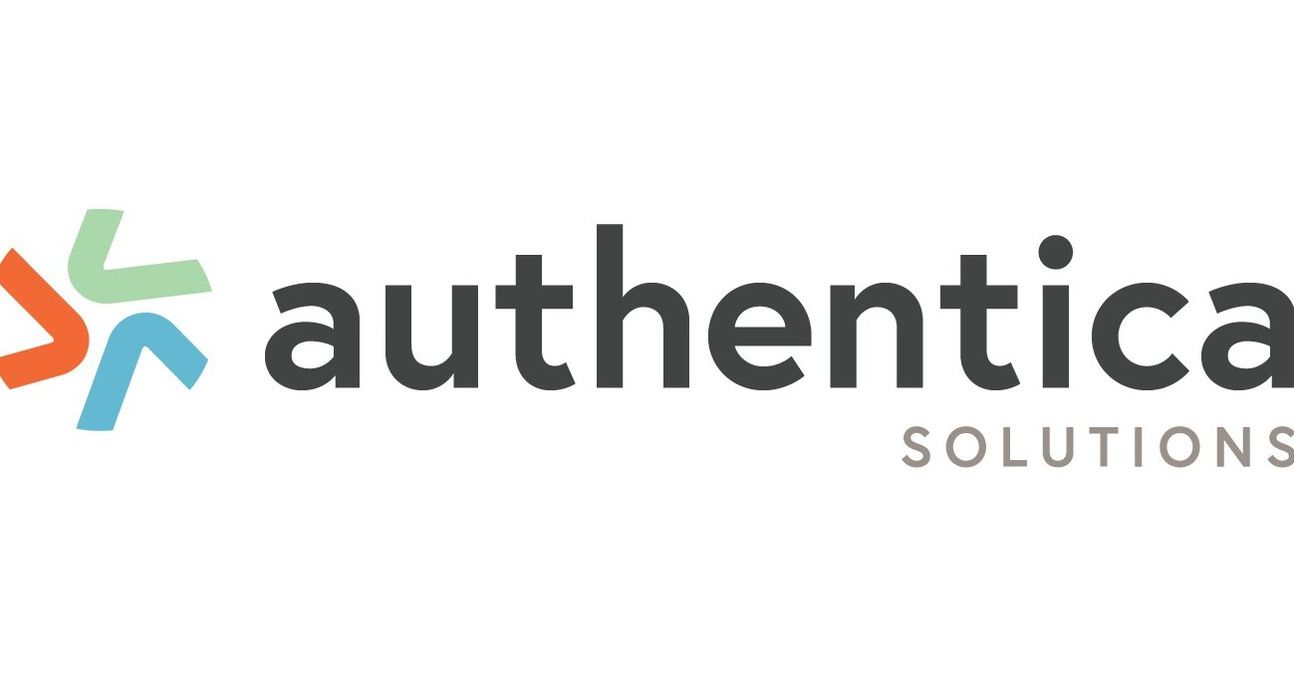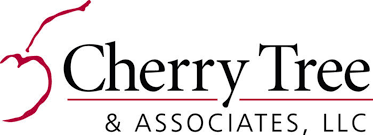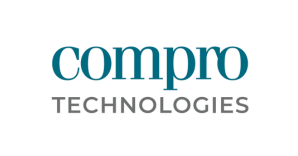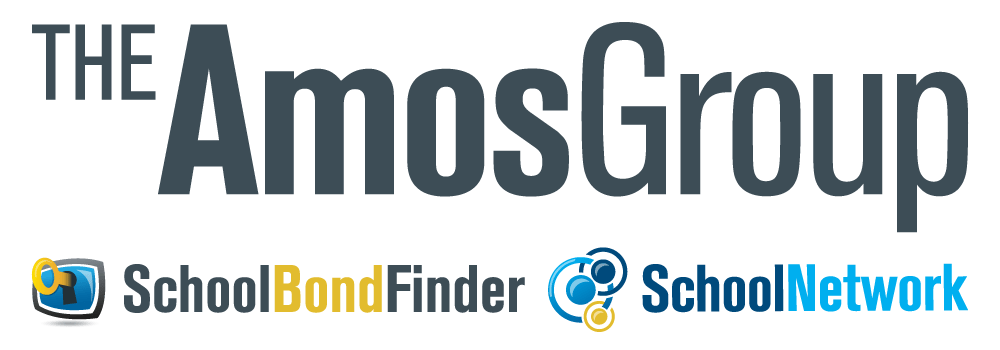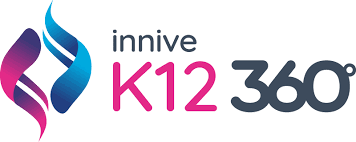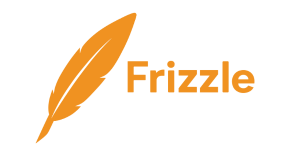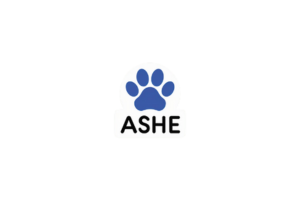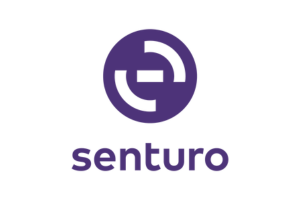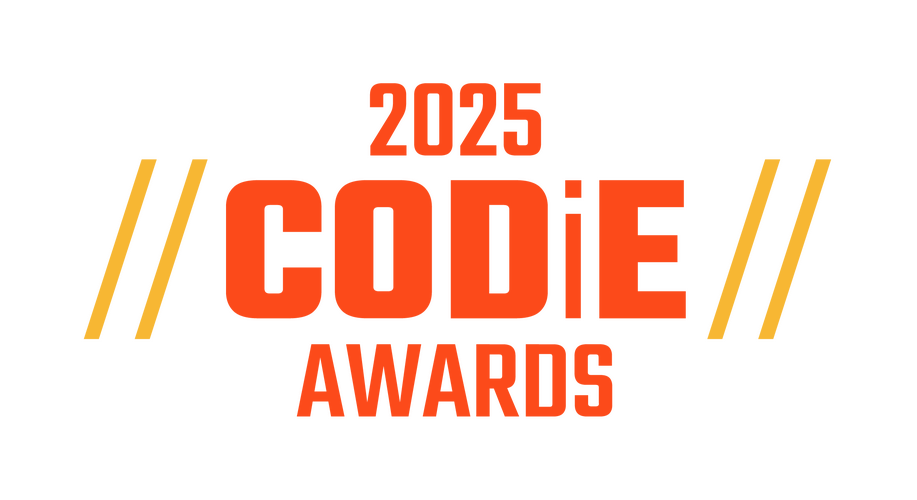Building Bridges, Not Walls: Tech & Learning’s EdExec Summit Report
The EdExec Summit attendees included industry veterans, startup founders, district leaders, policy experts, consultants, and investors.
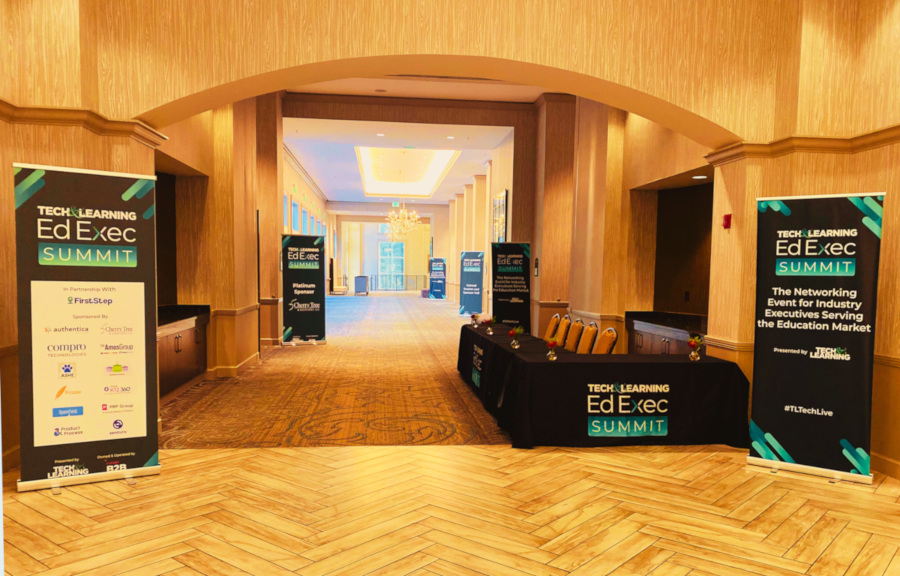
Tools and ideas to transform education. Sign up below.
You are now subscribed
Your newsletter sign-up was successful
If you’ve ever planned a big event – whether it’s a conference or Uncle Bob’s surprise 75th birthday party – you likely know about “pre-party anxiety”. Will the weather cooperate? Will the shipments arrive on time? Will guests enjoy themselves?
So when the first person I saw at this week’s EdExec Summit was Taito Learning’s Anssi Valiaho, fresh off a 22-hour flight from Finland, walking down the hall with an infectious smile and a gift of Finnish chocolates, I immediately felt better. This warm greeting was the perfect kick off to our program that would focus on ways district and industry professionals can work as a community to build bridges in education, no matter the distance.
When registration opened, this trend continued as the hallway filled with warm smiles and hugs. The attendees included industry veterans, startup founders, district leaders, policy experts, consultants, and investors. As Digital Promise’s Courtney Teague noted on LinkedIn, "People walked in and you would have believed a 'hug' was the entry fee."
A Common Purpose: Building Bridges, Not Walls
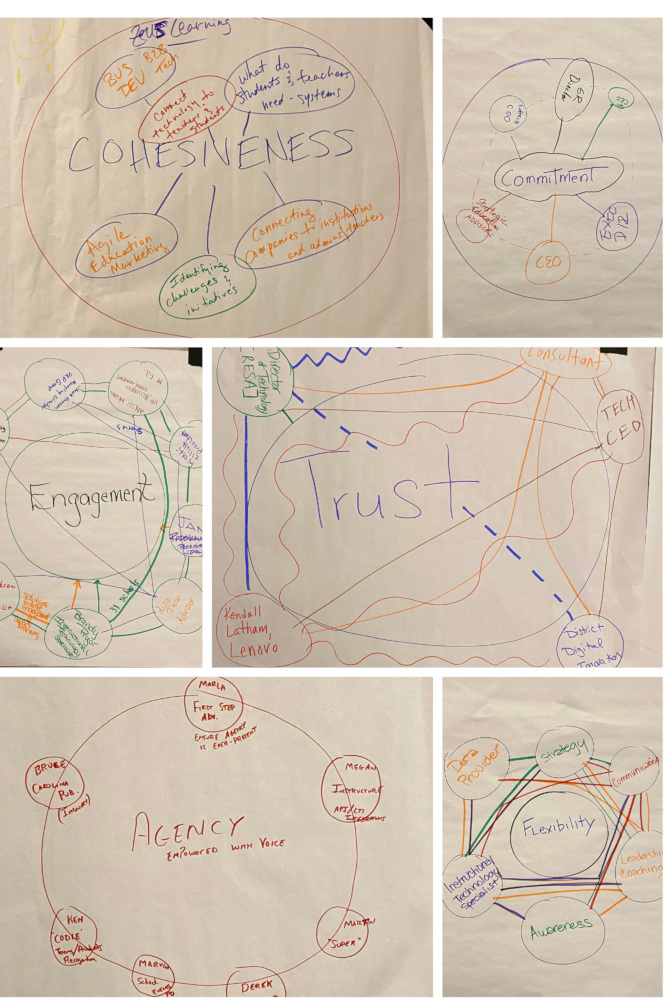
The EdExec Summit opened with an interactive activity led by event co-producer, Jim McVety of First Step Advisors. He asked attendees to form groups, draw a circle, and then find one single keyword that could drive meaningful change in education. This wasn't as easy as it sounds. As McVety shared on LinkedIn, participants had to let their guard down, share individual perspectives, and build a consensus around a single word.
Teams then shared their personal roles and how they could help actualize the power of their chosen keyword. The energy in the room was buzzing with creativity, compassion, and care. As McVety observed, "Imagine a room where everyone had a seat at the table and everyone had a voice. Superintendents. CEOs. Consultants ... Everyone."
It was a true reflection of the summit’s purpose: to create a space where everyone’s voice matters.
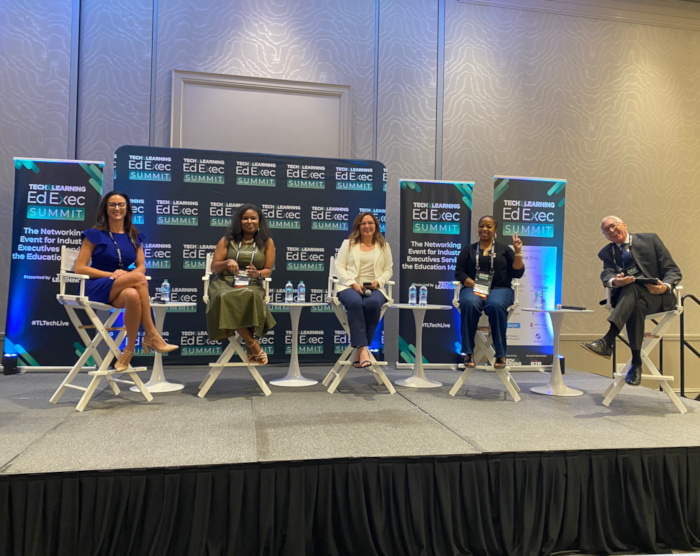
After the activity, we moved on to the opening keynote, "Building Bridges, Not Walls: A Dialogue on the Soul of the Education Economy." The powerhouse panel, brilliantly moderated by McVety, featured Liz Crawford of Kahoot!, Kendall Latham of Lenovo, Brandy Washington of Houston ISD, Jihan Johnston-McGlotten, founder of BeatBotics, and Keith Osburn, Dept Superintendent for Technology Services/CIO at the Georgia Department of Education
Tools and ideas to transform education. Sign up below.
“We’re all going to be all right,” Crawford said during the discussion. “We’ve seen the market ebb and flow over the decades of new technology, changes in federal programs, and budget cuts. We can keep calm and carry on, even in the current environment, if we stay focused on student success and outcomes and remember that there is still joy in learning.”
As an expert who has held leadership roles in Intel, Apple, HP, and more, this woman knows her stuff. I felt a collective lowering of blood pressure in the room when she shared these words.
Insights and Takeaways
Here are some valuable insights shared by the panelists and attendees throughout the summit:
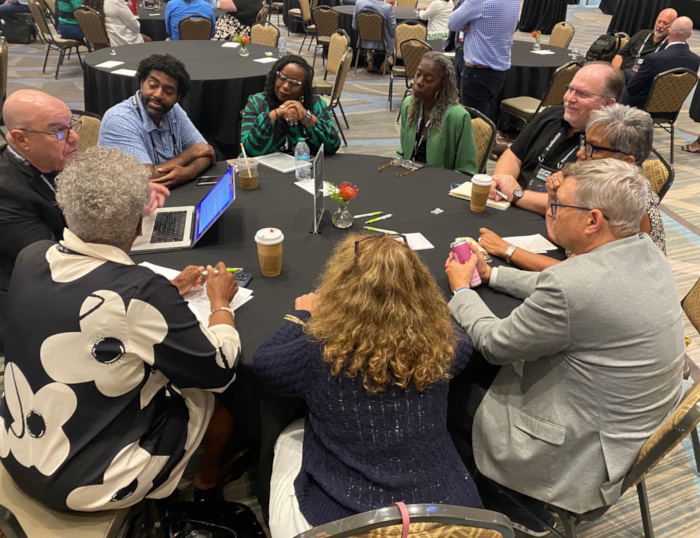
Lead with Empathy, Not "Shiny Objects:" Kendall Latham of Lenovo emphasized the importance of compassion. "We need to lead with empathy. Now that students have devices in hand, we need to focus on how we drive impact on learning." Brandy Washington from Houston ISD echoed this, urging edtech partners to, "Lean into districts’ emotional intelligence. Read the room. Know the political state of the campus." She stressed that districts want partners who understand their systems and come prepared for the conversation.
Focus on Efficacy and Impact: Keith Osburn, whose new book Epochs in Education is coming out soon, raised a critical question: "If I have a dollar to spend, should I buy a bus or a PC? How do we know that the money we spend will have an impact?" He stressed that providing product efficacy is more crucial than ever, especially in a post-COVID environment.
Inclusivity and Equity Are Non-Negotiable: The panel didn't shy away from deeper questions about supporting inclusion and equity. Crawford stated, "We're going to keep doing the work around inclusivity in education." Latham pointed out the continued underrepresentation of certain groups in leadership roles. "Most IT staff are still white males. We need to encourage more women to explore leadership positions in tech." Gamification and other non-traditional instructional methods can boost engagement for all students. As Johnston-McGlotten noted, "Gamification is a good pathway for inclusivity and skill development." She explained that teachers are seeking creative ways to engage students, not just to teach them, but to also "give them confidence."
Washington offered up a keen insight on the dynamics of education and how our shared mission will always stay intact, no matter the political or cultural shifts, sharing, “Even if the language changes, the work remains the same.” In subsequent sessions, more than one speaker openly reflected on the power of this statement.
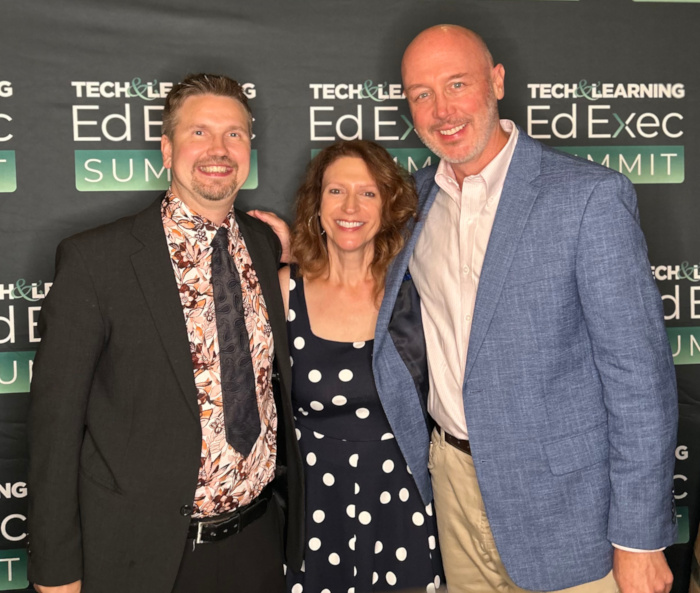
Partners, Not Vendors: A recurring theme throughout the EdExec Summit was the desire for genuine partnerships. As Renew K12’s Lindy Hockenbary noted, "I heard over and over from the district educators that they want a PARTNER, not a vendor." She cited “some major mic drops” from Dr. Jennifer Williams, a director of instructional technology at Newton County Schools, who delivered a "masterclass" when talking about how her district makes purchasing decisions:
► Compliance and data privacy are the STOPPING POINT: If you aren't compliant, the conversation ends there. If you say anything about keeping student data, we are not going to buy.
► Integration: We are not doing anything manually. Your product must have SIS, LMS and/or SSO integration.
► Implementation: A clear, year-long implementation plan with skilled customer success managers is a non-negotiable.
► Educators talk. One failed implementation doesn't just lose you a district; it impacts your reputation across neighboring districts.
Don't go after the titles or district every one is trying to get. There are plenty of fish in the sea that are not getting attention or resources.
Consultant Allison Maudlin shared a few more helpful tidbits from the conference on LinkedIn:
► Don't overwhelm the district leaders with jargon and features. Just tell them three ways you can help grounded in your research about their priorities.
► Usability is the #1 priority. Do your products work "as seen on TV"? A product filled with broken promises causes more harm than good.
► Don't go after the titles or district every one is trying to get. There are plenty of fish in the sea that are not getting attention or resources. For early-stage orgs, start there.
► (This one is a little spicy) Districts expect product pilots to be free. Plan accordingly.
Building Bridges Through Community
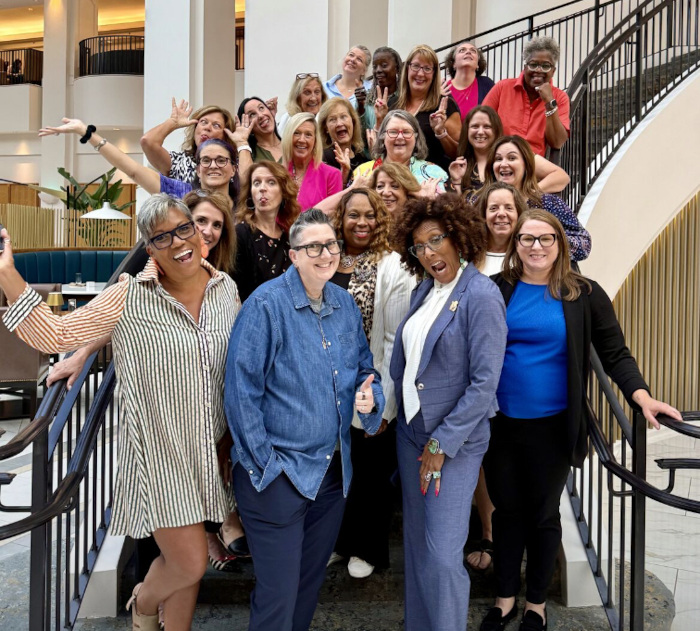
This wasn’t just another conference…it’s part of a movement
“This wasn’t just another conference…it’s part of a movement,” said Houston ISD’s Brandy Washington. "I walked away with more than connections. I left with clarity, community, and conviction."
Openfield’s Trevor Minton said the EdExec Summit “is proving to be my favorite conference of the year,” noting: “The tone of this conference is unlike any others that I attend. Every interaction is a full-on, meaningful conversation, with people who are universally positive, helpful and direct in their pursuit of what they care about.”
Elizabeth Sims, VP of Literacy & Partnerships at Footsteps2Brilliance, shared a similar sentiment, highlighting that true partnership is about "rolling up your sleeves, getting your hands dirty, and showing up for the marathon—not just the sprint."
The powerful narrative woven throughout the week, from the speakers to the hallway conversations, left attendees feeling hopeful.
“I left the Summit more optimistic about the industry and the impact of uncertainty on schools than when I arrived,” said Annie Teich, consultant and Tech & Learning contributor.
So did I. Of course, we will continue to face bumpy roads ahead. But knowing that we have a united education community—people committed to building bridges, not walls—gives me hope.
A special thanks to our partners who made this conversation possible:
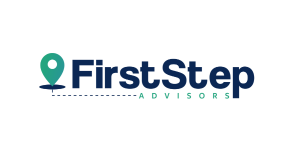
Christine Weiser is the Content and Brand Director for Tech & Learning, and has been with the company since 2008. She has reported on education for most of her career, working at Scholastic and Gale Publishing before joining Tech & Learning. Christine is also an author and musician, and lives in Philadelphia with her husband and son.
